Prime Minister Pham Minh Chinh with ethnic people in Lang Son province. (Photo: Duong Giang/VNA)
That is why, since its establishment, our Party and State have always been steadfast in the core strategy of ensuring the principle of equality among ethnic groups, strengthening good relations between people of all ethnic groups, successfully implementing the strategy of great national unity, and building a unified and strong national and ethnic community under the leadership of the Communist Party of Vietnam .
The results of this strategy contributed to creating the great strength of the entire nation, making the August Revolution in 1945, turning Vietnam from a colonial, semi-feudal country into an independent, free nation.
Continuing that source, the Party has led the people to many glorious feats, firmly building and defending the socialist Vietnamese Fatherland, and steadily entering the new era.
Spiritual values create a foundation of great strength
Great national unity is a spiritual value that creates the nation's inner strength. President Ho Chi Minh 's advice: "Unity, Unity, Great Unity; Success, Success, Great Success" still holds its theoretical and practical value today.
To be united, there must be equality, respect, trust and mutual assistance. That trust needs to be built, consolidated and nurtured over the long term, in which the trust between the people and the Party and the State through cadres at all levels is the key factor. That is the foundation for creating a unified Vietnamese national community.
According to Associate Professor, Doctor Nguyen Van Minh, Director of the Institute of Ethnology and Religious Studies, Vietnam Academy of Social Sciences, national solidarity is not only a political slogan, but also a spiritual value that creates a great foundation of strength for the nation. Therefore, ethnic policy must set the core goal of connecting the relationship between ethnic groups and the nation, strengthening national consciousness, and building a unified ethnic community.
Border guards at Tay Trang International Border Gate (Dien Bien) propagate policies and guidelines to the people of Na U commune. (Photo: Tran Viet/VNA)
In the process of socio-economic development, the State needs to ensure equality among ethnic groups, avoiding the emergence of ideas of separation and comparison.
Associate Professor Nguyen Van Minh said that the State needs to have a strategic vision and comprehensive, synchronous actions in ethnic policies. It should not stop at supporting and subsidizing, but should also move to effectively exploiting the potential and strengths of the people, promoting their internal strength so that they can rise up and assert themselves.
Ethnic policies must consider people as creative subjects and entrepreneurs, instead of just beneficiaries. This is the way to arouse the will to be self-reliant and endogenous capacity, suitable to the characteristics and conditions of each region and each community.
Associate Professor Nguyen Van Minh also said that ethnic policy should be seen as an important part of the national policy system. This includes strengthening national consciousness, national culture, national language, national symbols and national governance institutions for all ethnic groups, especially in border and island areas.
Because these are not only special economic and social areas, but also play a role in protecting the national border. Therefore, there needs to be a long-term, concentrated and sustainable investment mechanism for these areas, both to improve the lives of the people and to strengthen national defense and security.
According to Associate Professor Nguyen Van Minh, to successfully implement the strategy of great national unity in the new context, it is necessary to mobilize all domestic and foreign resources and the proactive participation of the entire political system and people.
In particular, it is necessary to promote the potential and role of the Vietnamese community abroad, as well as the foreign community in Vietnam, in uniting and contributing to national construction.
At the same time, it is necessary to promote information and propaganda about ethnic policies, and at the same time empower people to know, discuss, participate, check and monitor policies. This is both the right and responsibility of the people in the great solidarity bloc.
According to Associate Professor Nguyen Van Minh, if we want ethnic policies to go into depth, we need to focus on education, training, and improving the quality of human resources in ethnic minority areas, combined with building a strong political system and staff.
It is necessary to strengthen good traditional ethnic relations, foster national pride and true patriotism, especially in border areas, so that people are wholeheartedly attached to the Party and the Fatherland. At the same time, it is necessary to preserve and promote the unique cultural values of each ethnic group, linked with the development of common national values to consolidate civic consciousness, sovereignty and territorial integrity.
These policies will contribute to reducing inequality, narrowing the development gap between regions, and at the same time creating a strong connection between economic growth and social development, ensuring human security. This is also a practical way to consolidate the great national unity bloc, the foundation of strength that made the historic victory of the August Revolution in 1945 and the nation's resilience in the new era.
Affirming the international stature of the August Revolution
If the greatest value of the August Revolution lies in arousing and promoting the strength of great national unity, another important contribution is the international stature of this event.
According to Associate Professor, Dr. Dinh Quang Hai, former Director of the Institute of History, Vietnam Academy of Social Sciences, the victory of the August Revolution in 1945 not only opened an era of independence and freedom for the Vietnamese people, but also had profound significance for the global revolutionary movement.
In the context of the Second World War, the birth of the Democratic Republic of Vietnam made a big splash, becoming an event of great significance. It was not only the victory of the Vietnamese people, but also a symbol of the inevitable trend: the collapse of colonialism and the uprising of oppressed peoples.
Associate Professor Dinh Quang Hai analyzed that right after 1945, a series of countries in Southeast Asia, South Asia and Africa gained independence, such as Laos, Indonesia, India, Myanmar, Algeria, Madagascar...
Vietnam's victory became a great source of spiritual encouragement for the colonial peoples, proving that: Even a small nation, if united and resilient, can still achieve great victories, breaking the chains of colonial slavery.
According to Associate Professor Dinh Quang Hai, the international stature of the August Revolution is also reflected in a lesson of universal value: the power of great national unity. When organized and promoted at the right time, it can change the course of history.
With the spirit of "rising from the people," the Vietnamese people seized power throughout the country in just 15 days, transforming from slaves to independent masters of the country.
That success also shows the correct leadership of the Party and the wisdom of President Ho Chi Minh in seizing and seizing historical opportunities.
Associate Professor Dinh Quang Hai said that President Ho Chi Minh's reading of the Declaration of Independence on September 2, 1945 at Ba Dinh Square not only affirmed the Vietnamese people's right to self-determination, but also sent to the world a strong message about the aspiration for freedom, equality and the right to live in independence of all nations.
It was that voice that contributed to promoting the national liberation movement on a global scale, creating conditions for many colonial countries to rise up to gain power and escape from domination.
The victory of the August Revolution also raised Vietnam's international position and prestige, turning our country from a colonial nation into a pioneering nation in the movement against old and new colonialism.
Vietnam became the leading flag in the 20th century national liberation movement, contributing significantly to reshaping the world political map.
Associate Professor Dinh Quang Hai affirmed that this stature and value have transformed Vietnam from a small colonial nation into a model of self-reliance. Since then, the country's international reputation has been constantly enhanced, affirming the role of a resilient nation, knowing how to seize opportunities, promoting the strength of solidarity to create historical miracles./.
According to VNA
Source: https://baothanhhoa.vn/80-nam-cach-mang-thang-tam-suc-manh-dai-doan-ket-dan-toc-trong-ky-nguyen-moi-258559.htm


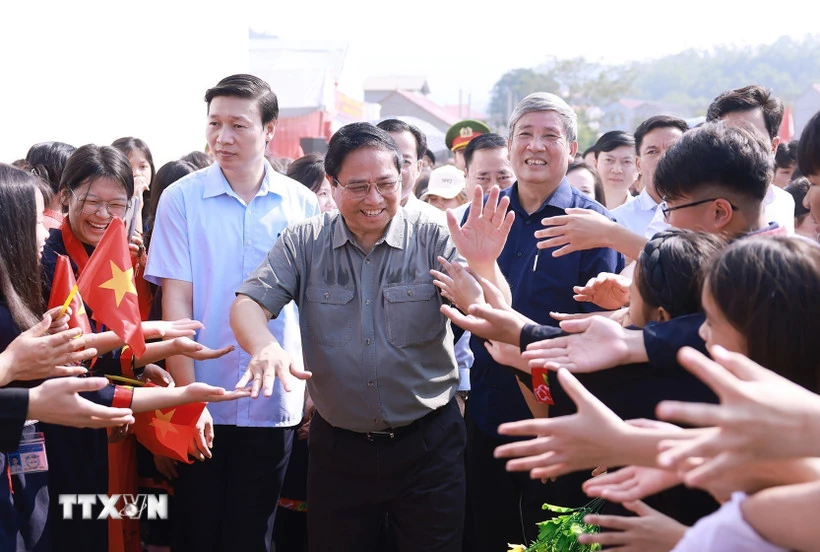
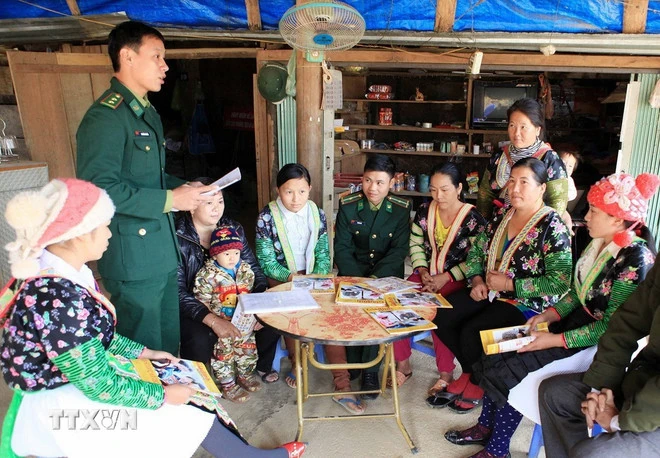

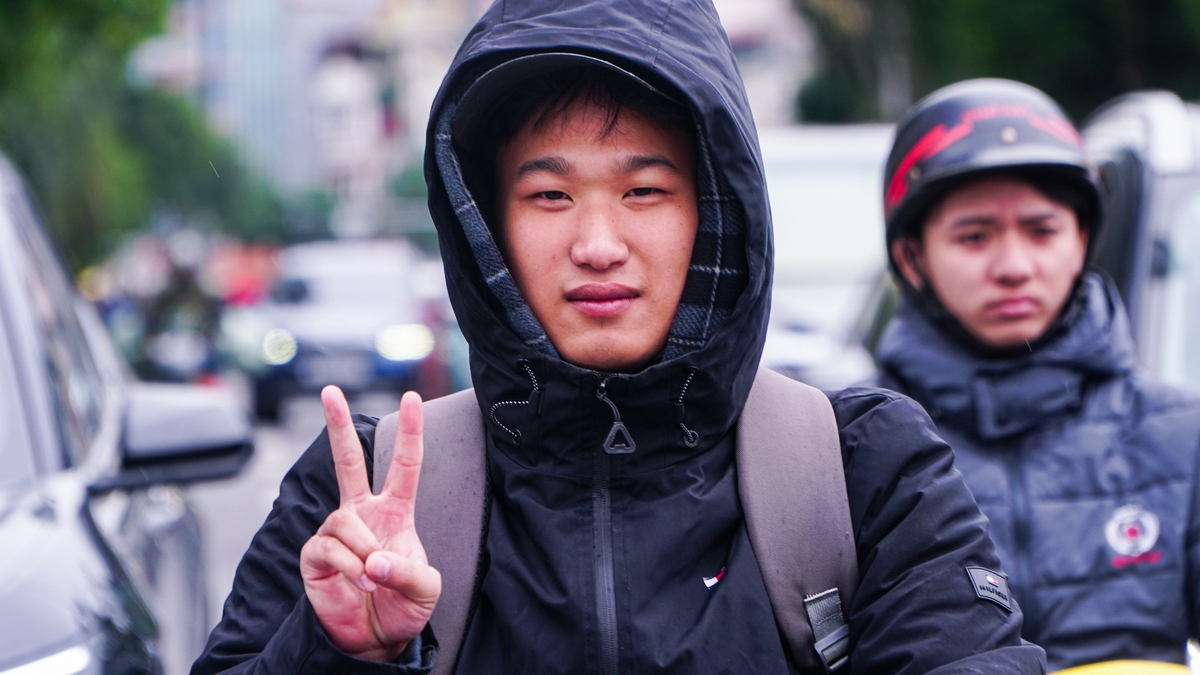
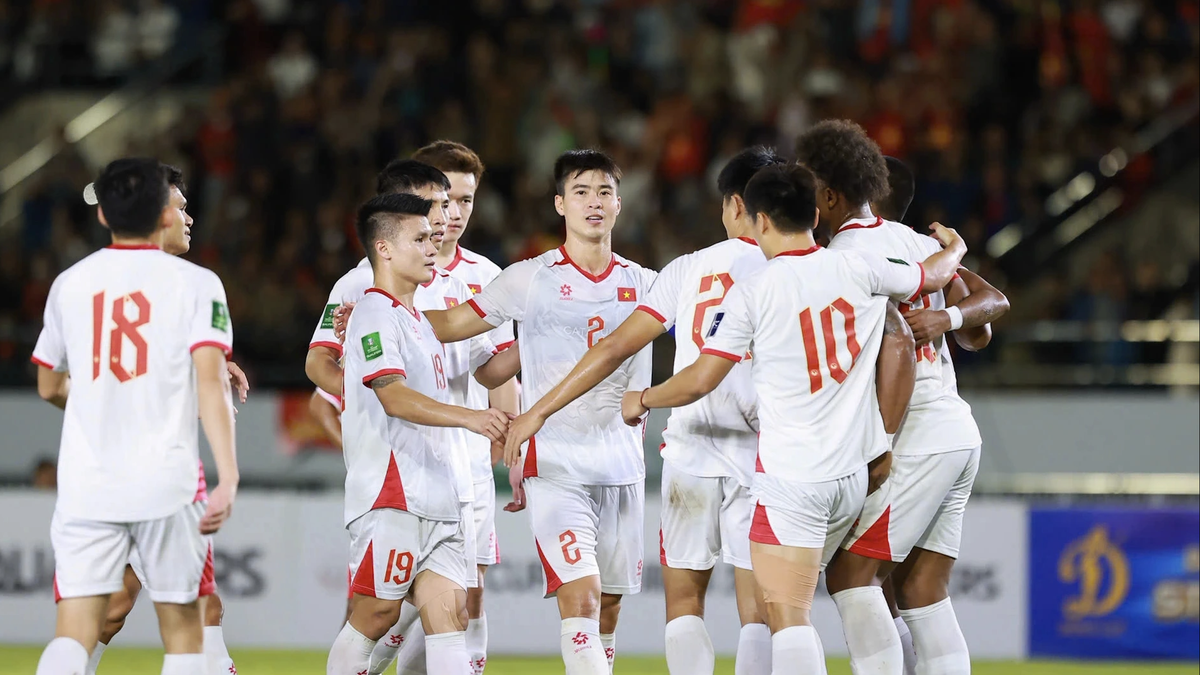


![[Photo] The Standing Committee of the Organizing Subcommittee serving the 14th National Party Congress meets on information and propaganda work for the Congress.](https://vphoto.vietnam.vn/thumb/1200x675/vietnam/resource/IMAGE/2025/11/19/1763531906775_tieu-ban-phuc-vu-dh-19-11-9302-614-jpg.webp)
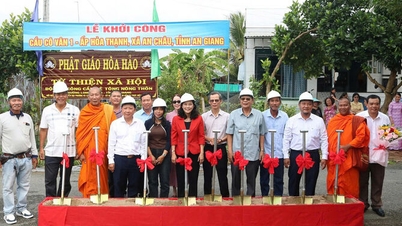

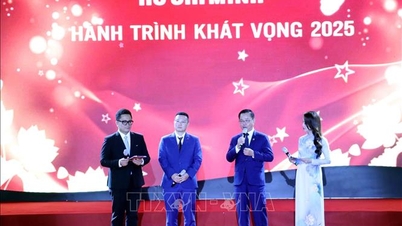







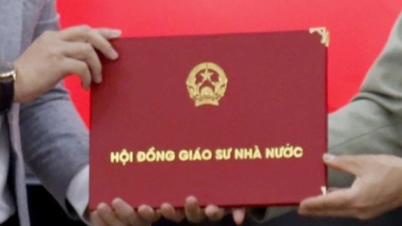

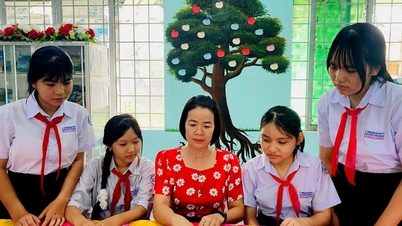




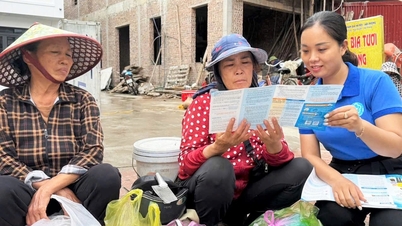


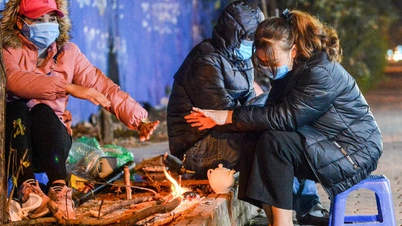




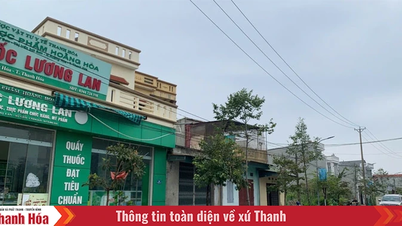

![[OCOP REVIEW] Duong Van rice vermicelli - The quintessence of Hoang Dat craft village](https://vphoto.vietnam.vn/thumb/402x226/vietnam/resource/IMAGE/2025/11/18/1763460492510_review-ocop-mie-w1200t0-di2546d245d2170303t11920l1-525e8fd67833f466.webp)


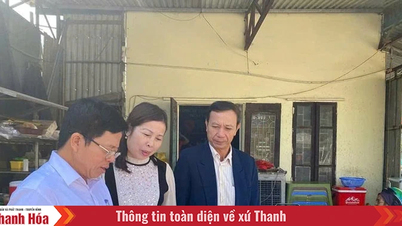
![[Photo] Prime Minister Pham Minh Chinh and his wife meet the Vietnamese community in Algeria](https://vphoto.vietnam.vn/thumb/1200x675/vietnam/resource/IMAGE/2025/11/19/1763510299099_1763510015166-jpg.webp)








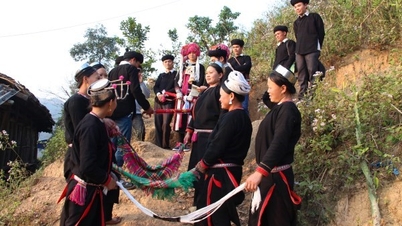

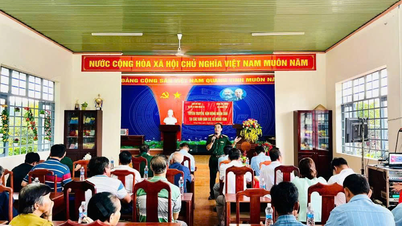



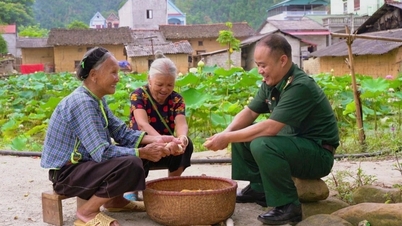

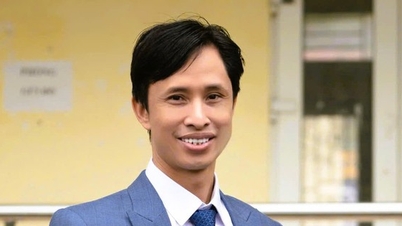




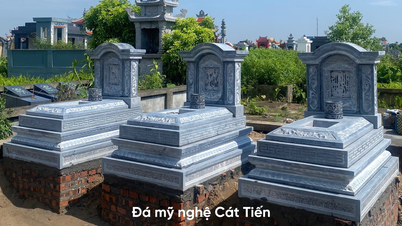



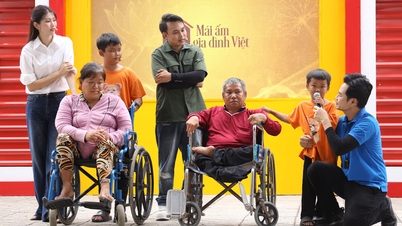
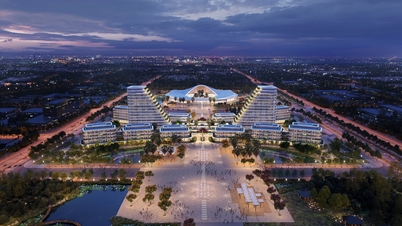
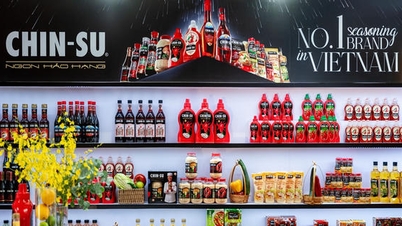












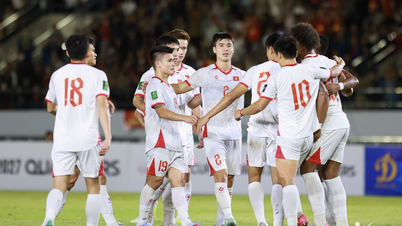
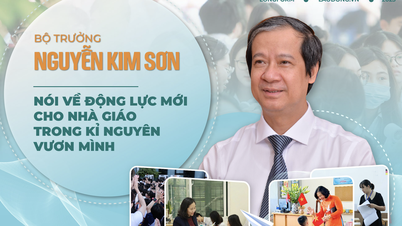

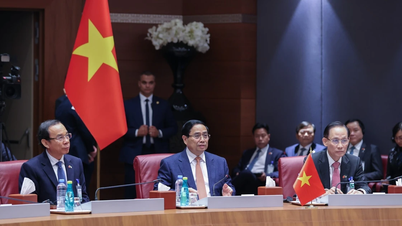



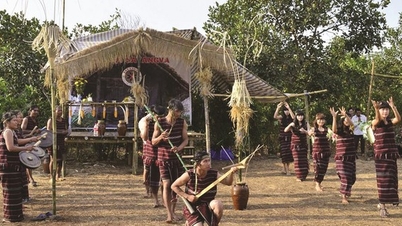


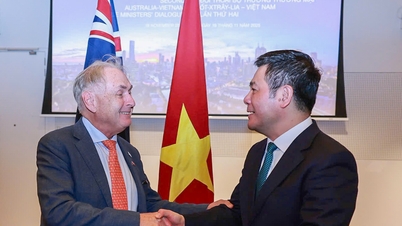
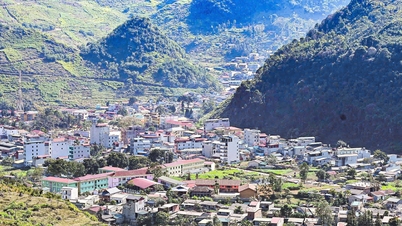

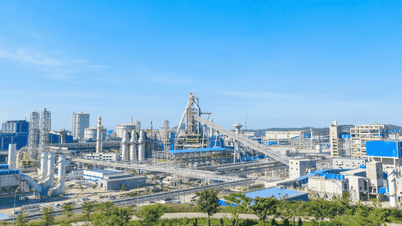
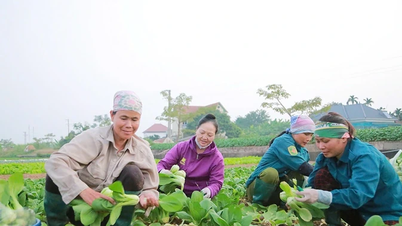



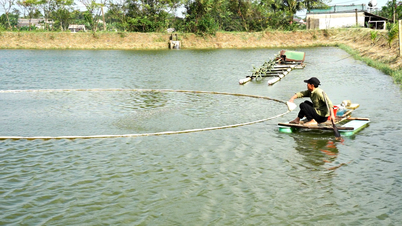












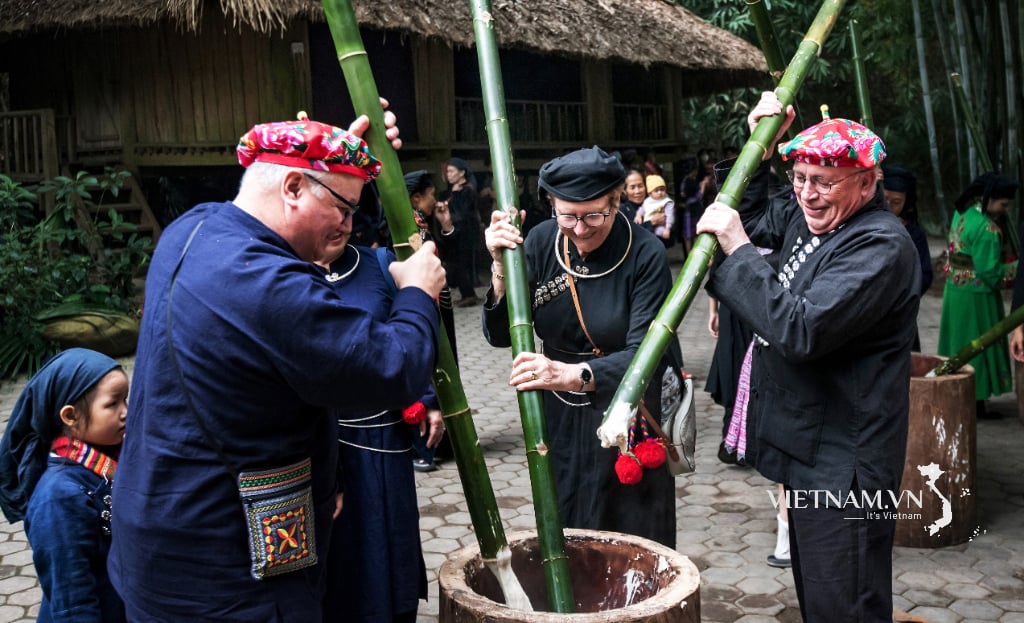

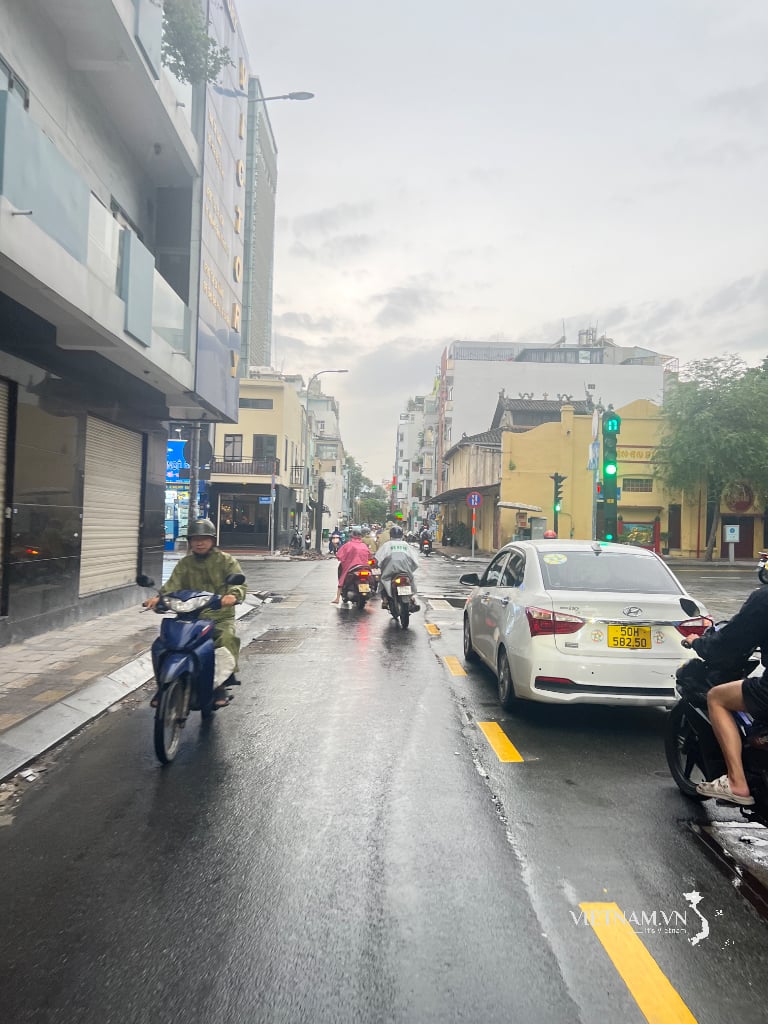
Comment (0)